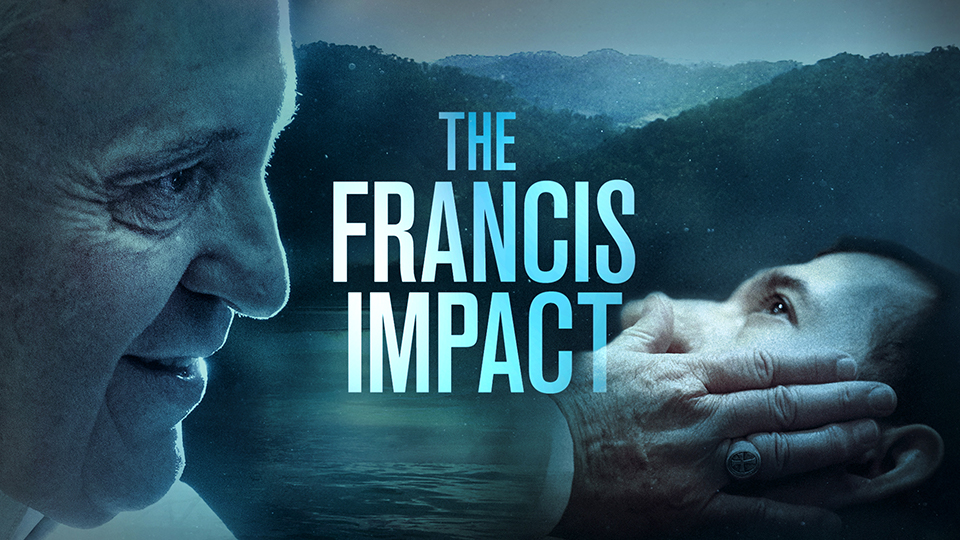SEARCH
Pope Francis’ words and actions have had a profound impact on countless people of various backgrounds, interests, and beliefs. In the interviews for my upcoming documentary, The Francis Impact, I’ve heard some beautiful and concrete testimonies of this. So I created #TFIMOMENTS, a web series to share some of these profound and personal moments of connection with the pope.Andrés McKinley slowly leaned forward and looked up at me. “El Salvador is a country of great contrasts, a country of negative superlatives,” he said. “On the one hand it’s been described as the most violent, dangerous country in the world. And on the other hand,” he begins to tear up, “El Salvador has the finest people in the world.” From 1979 to 1992, El Salvador experienced a brutal civil war that left 80,000 people dead. The peace accords of the early nineties stopped the bloodshed but did little to reconcile a people divided, a country impoverished, and an exploited natural environment rapidly deteriorating. This complex history is the reason why McKinley, an American, and other environmental activists living in El Salvador are so proud of their 2017 legislative victory to ban all metallic mining in the country. El Salvador is the first country in the world to achieve this feat. The anti-mining movement grew from the poor communities in the northern part of the country where transnational mining companies were expanding in the early 2000s. The strategy was always to confront the companies and their political backers with verifiable data and cost-benefit analyses. “This was a process of gradual accumulation: accumulation of organization, of knowledge about mining, of awareness, of social force, and of political will,” McKinley said. It was a David versus Goliath scenario until a series of events began to tilt the balance of power into the hands of the little guys. When, in 2015, Pope Francis beatified national icon Archbishop Óscar Romero and issued his landmark encyclical Laudato si’, the Catholic Church became a key player. Led by the hierarchy, including Romero’s successor Archbishop José Luis Escobar Alas, the Catholic Church took to the streets alongside environmental activists and thousands of citizens. They marched to the National Assembly and demanded an immediate vote on legislation that would ban all metal mining in the country. “I think that Monsignor Romero is with us, interceding for us. It is because of him that we have been so successful in our struggle,” says Archbishop Escobar Alas. “I must also say that Pope Francis, with his encyclical Laudato si’, has awakened consciences, even the most unshakeable, to respect the opinion of the people.” In this #TFImoment, one of the strategic minds behind the anti-mining movement in El Salvador, Andrés McKinley, shares the impact of Pope Francis as he experienced it on the ground, among the people, on the periphery…where Francis wants the Church to be present. For more information about The Francis Impact visit the official webpage.
Next #TFImoment: Journalist and Author Cindy Wooden of Catholic News Service in Rome
